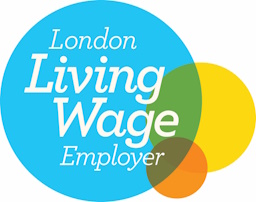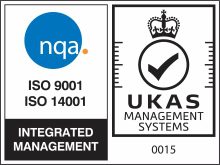The ongoing conflict in Ukraine has exhilarated inflationary pressures on businesses across the globe. As prices of essential goods, such as food and energy, have risen sharply both in the UK and internationally, the outlook for economic growth has significantly weakened, leaving businesses in a difficult position with regards to investments in trade and skills.
Inflation is also expected to rise to 11% later this year, with interest rates simultaneously expected to increase to 3%, causing many businesses to remain in economic uncertainty. Alongside the labour shortages and a further rise in the energy price cap, which is yet to come, many firms will be put under a great deal of financial pressure.
The Bank of England’s latest Financial Stability Report, published earlier this month, referenced a number of downside risks that could adversely affect the UK’s economic strength. Undoubtedly, developments related to Ukraine are key factors affecting both the UK and global markets. In addition to this, the report highlighted that stronger or more persistent inflationary pressures than currently expected may tighten global financial conditions further and lead to weaker economic growth, all of which will cause risk-taking in financial markets to reduce significantly.
Sara Williams, CEO of Staffordshire Chambers of Commerce, said: “Rising costs for both households and businesses has caused UK economic indicators to start flashing red. The combination of inflationary pressures, slower economic growth and tightening financial conditions means that the government must act quickly to provide financial support to firms across the UK, enabling them to grow, invest and remain productive.
“Staffordshire Chambers of Commerce echoes the British Chambers of Commerce call to the Government to cut VAT on business energy bills to 5% which would help to reduce the pressure on firms.
“It is essential that the new government produces a unified long-term economic strategy to provide firms with the confidence they need. With these changes, we will be able to return some momentum to the businesses who have struggled the most over the course of the pandemic, Brexit and now the cost of living and cost of doing business crisis.”
If you would like to talk to us regarding any issues in today’s blog, please get in touch by contacting rhouda.elalfy@staffordshirechambers.co.uk. Alternatively, you can call our switchboard on 01782 202222.













You must be logged in to post a comment.